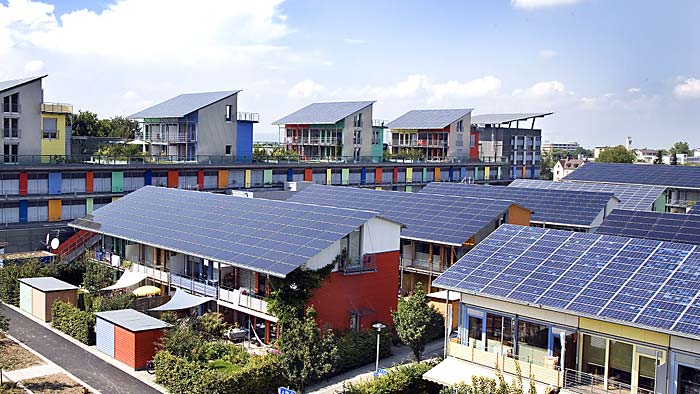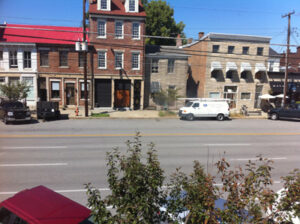The world of modern property development is undergoing rapid social and economic change, just like many other industries. Leading global finance advisers at Deloitte discuss these changes in a positive light, demonstrating how the challenges facing property development can be considered as an opportunity to drive transformation and growth. What does that mean in real terms for property developers? And, how does sustainability add value for developers, landlords, tenants, and homeowners?

Sustainability in Real Terms
Sustainability is about individual changes that have an impact on lifestyle and the environment. One example is building in energy-saving features and insulation to new development. Another might be providing opportunities for people to travel via bicycle or foot easily, for example – but it’s about much more than that too.
On a holistic scale, sustainability is the consideration of the land we have available and how we use it best. It’s looking at the economic model for the delivery of new development too. Don’t forget the benefits of green infrastructure either – a pleasant environment not only improves aesthetic value; it improves local air quality as well.
Sustainability in Wider Terms
The big picture merges local economic and social issues with environmental considerations to deliver high-quality, energy-efficient homes, and structures built to last. Use land creatively to create a new local landscape that seamlessly unites the old and the modern. When you have sustainability in mind, modern property development ensures that green spaces are protected while still delivering commercial or residential units.
Design is an important part of any new development. Think about the shape, size, and orientation of buildings, and how they interact with their surroundings.
Look into how solar heating and power systems, insulation, and high-performance glazing – all of which improve energy efficiency – can be integrated into plans, and go further by adding effective ventilation, air-sealed construction techniques, and heat recovery systems.
Although each of these things adds costs to the development project but they also have value. It takes careful planning to balance the entire equation to optimize each primary goal.
Sustainability on the Ground
Taking account of wider sustainability issues in property development is important, but don’t forget the little things either. Individual property developers have a responsibility to the communities they work in, and that includes using sustainable processes and equipment.
Even ensuring smaller items like skid steer tires, rubber Bobcat tracks, and solid tires are sustainable will make a difference. Buying durable and long-lasting consumables means you’ll have to replace them less regularly, leading to less cost, both to yourself and to the environment. You’ll lower costly periods of downtime which enhances your reputation at the same time.
The benefits of sustainable property development are many – for the industry, for individual developers, and for local people alike. Throughout the design process, critical decisions will need to be made in order to see a more sustainable outcome. The local environment will certainly prosper with a more long-term view and that sounds like something we can all get behind.



